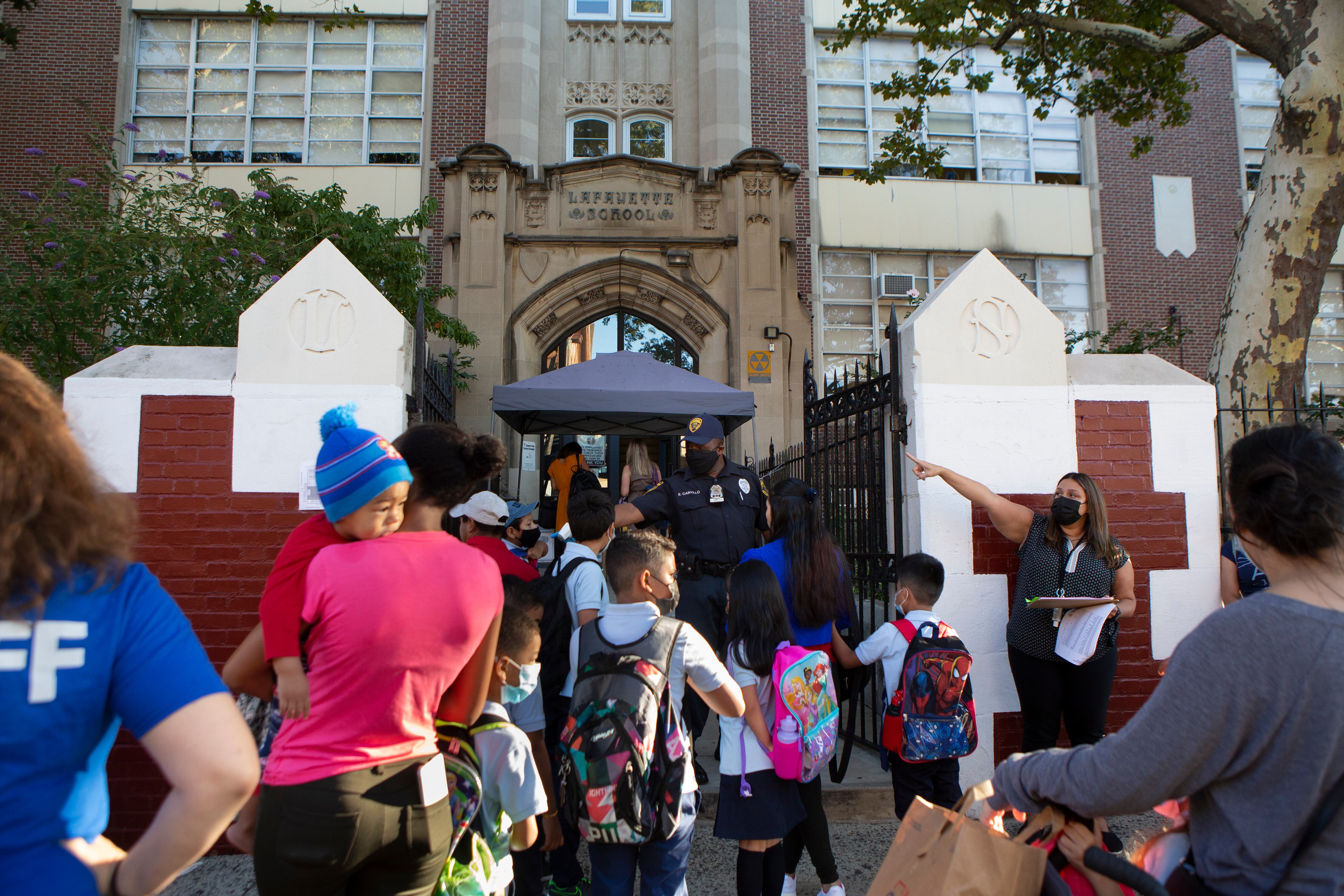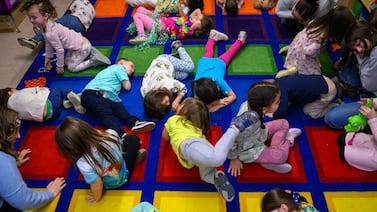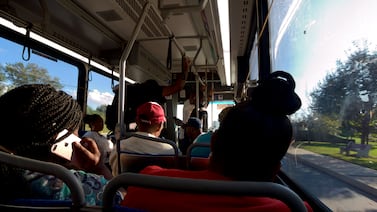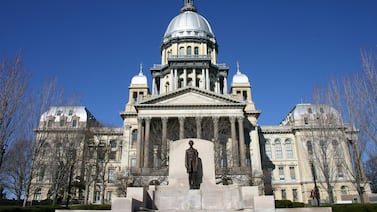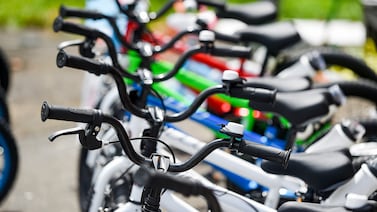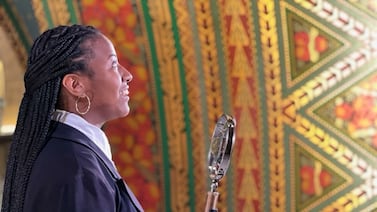When Gov. Phil Murphy ended the statewide school mask mandate in March, Newark and several other large districts across New Jersey kept one in place, keeping watch on local COVID-19 trends.
As positive cases began to climb after spring break in April, Newark, the state’s largest district with 38,000 students, still maintained its mask mandate, though other large school systems transitioned to an optional measure.
Even through summer programs, during which Newark Public Schools reported 82 total COVID cases among staff and students from July 4 through Aug. 7, the district’s mask rules didn’t budge.
Now, as students gear up to start a new school year on Sept. 6, the district mandate will remain – a recommendation that NPS officials say comes from the city’s health department — leaving face masks as a back-to-school item many parents would rather do without.
Many families are growing impatient with the district’s wait-and-see approach, saying they feel “ignored” by the district about their concerns.
“My child cannot start yet another school year wearing masks when the majority of children throughout New Jersey and the country are returning to school with some kind of normalcy,” said Anna Da Silva, as she watched her 6-year-old daughter run around without a mask among other kids at a Newark park on Wednesday.
“I feel frustrated and in disbelief that we’re here once again,” said Da Silva, whose first grader attends the new Ironbound Academy Elementary School.
At a recent school board meeting, Superintendent Roger León and school board members announced that most of the district’s remaining COVID-19 preventative measures, including temperature checks, health screenings, and weekly testing for the virus, would be dropped this school year.
León also said the water fountains would be turned on this school year, as contactless water fountains are in the process of being installed throughout the district.
Newark kept water fountains shut off last school year, a measure that León had attributed to preventing the spread of the virus, even though it wasn’t included in federal or state health department guidance.
Records showed that lead testing had not been completed before buildings reopened last year. As of late August, León said most water fountains had already undergone lead testing and that “a number of schools” would be completing that process “prior to students and all staff returning back to their schools.”
Mask mandate spurs frustration, disappointment
The continued mask rules make Newark an outlier in the state and nationwide, as the Centers for Disease Control and Prevention has eased most of its recommended school protocols to prevent the spread of the virus. Face masks are still recommended in high-risk level communities.
As of Thursday, Essex County was in a low-risk level category on the federal COVID tracker. That day, the county reported 50 new cases in Newark out of 143 cases countywide. New Jersey reported 1,815 new cases on Sept. 1, compared to 904 on March 7, when the state ended the face mask mandate.
Among the nation’s largest school districts, Newark is one of four to continue the mask mandate, including Philadelphia City School District, Jefferson County school district in Kentucky, and Prince George’s County Public Schools in Maryland, according to Burbio, a data service platform mask policy tracker.
Newark school board member Crystal Williams said she was “disappointed” to hear that mask rules will continue for staff and students on the first day of the new school year.
“I can see the frustration of parents or even the students,” Williams said during a board meeting last month, adding that school staff might have the flexibility to step outside for mask breaks but students “don’t get that type of freedom.”
Board officials said the recommendation for the mask mandate came from the city health department.
“This is based on our numbers and how they rise and fall, as well as immunizations,” board president Dawn Haynes said.
In Newark, the vaccination rate among school-age children hasn’t changed much over the last month, according to the state’s COVID-19 dashboard.
Thirty-seven percent of 5- to 11-year-olds and 87% of 12- to 17-year-olds have received at least one dose, the same rate of vaccination as four weeks ago, the dashboard shows.
The rates back in February, according to Newark Mayor Ras Baraka at the time, were 27% of 5- to 11-year-olds and 76% of 12- to 17-year-olds who had received at least one dose.
Da Silva said she received a letter in late August informing her of the continued mask mandate. As a parent and taxpayer, she says, she feels excluded from the district’s decision-making process.
“We’re never asked how we feel,” she said. “I feel so ignored and disrespected.”
Da Silva’s daughter has a recurring skin infection that’s triggered by rubbing from the mask, she said. Though she’s sought out a mask exemption for her daughter before, she’s been denied, she said. She’s again attempting to secure an exemption for this school year.
This time, she said, she won’t accept a denial.
“It will be a very serious family decision, but I would rather homeschool my daughter than force her to wear a mask for hours a day again if rates are low in the city,” Da Silva said, adding that she’s not against wearing masks when the city is at an elevated risk of transmission.
For Megan Matos, a different and more common health risk makes her uneasy about having her East Ward Elementary third grader wear a mask again this school year.
Her son has asthma that gets triggered “when he’s running around” or isn’t in a well-ventilated area, she said.
“Between his asthma and his allergies, his face will turn a bright red when he’s wearing a mask,” she said, adding that she’s concerned that the fear building up in those moments when breathing gets difficult will also have an effect on his mental health.
Matos says she’s also “annoyed” with the district for informing parents of the decision regarding masks in the last two weeks of August.
“Everything always feels last-minute here,” she said.
Matos hopes the district will move to an optional mandate soon.
“If someone feels safer wearing a mask, then wear a mask. If you don’t want to send your child to school wearing a mask for six hours a day, then you shouldn’t have to,” Matos said. “I hope they listen to families.”
Catherine Carrera is the bureau chief for Chalkbeat Newark, covering the city’s K-12 schools with a focus on English language learners. Contact Catherine at ccarrera@chalkbeat.org.

